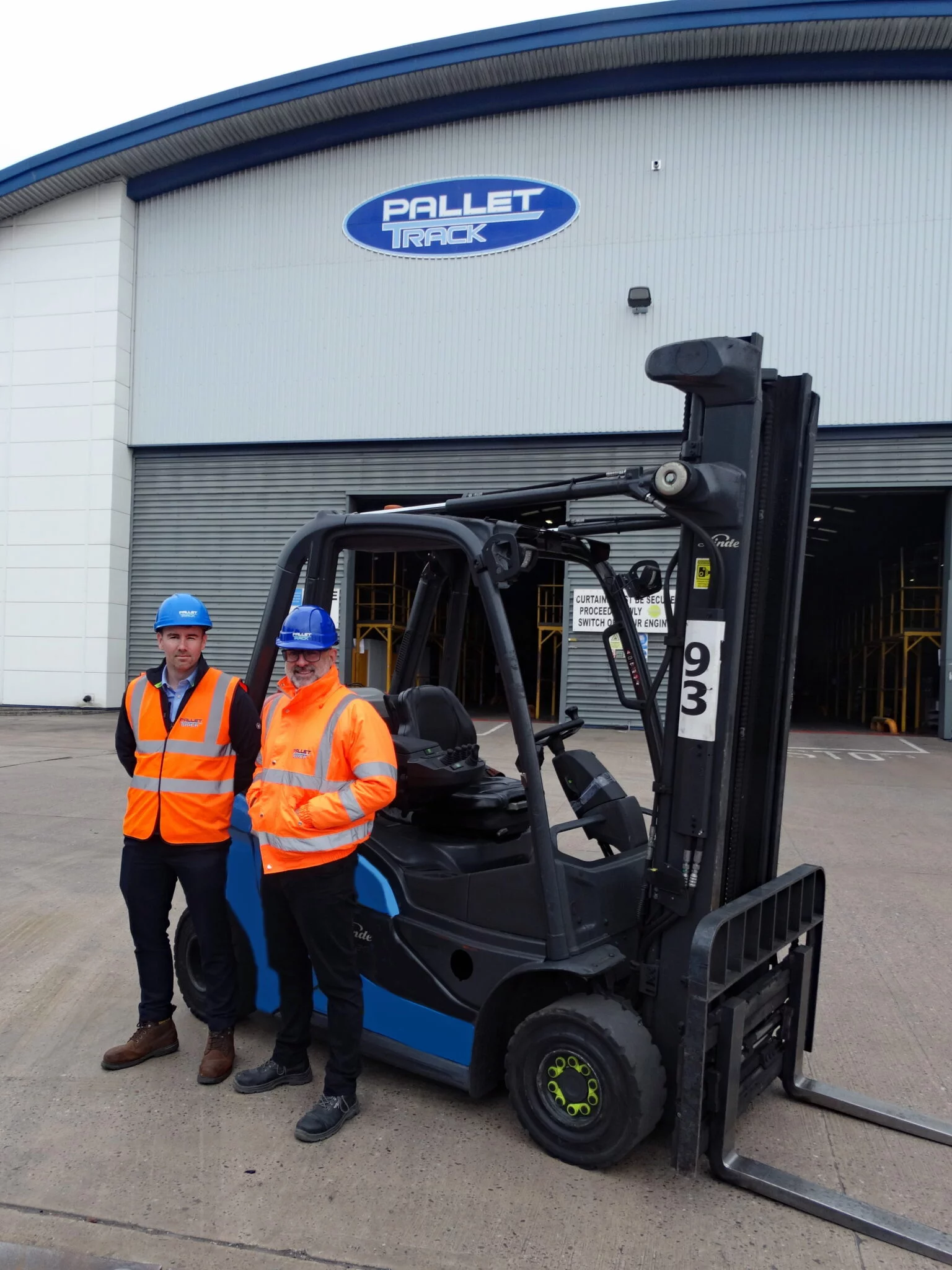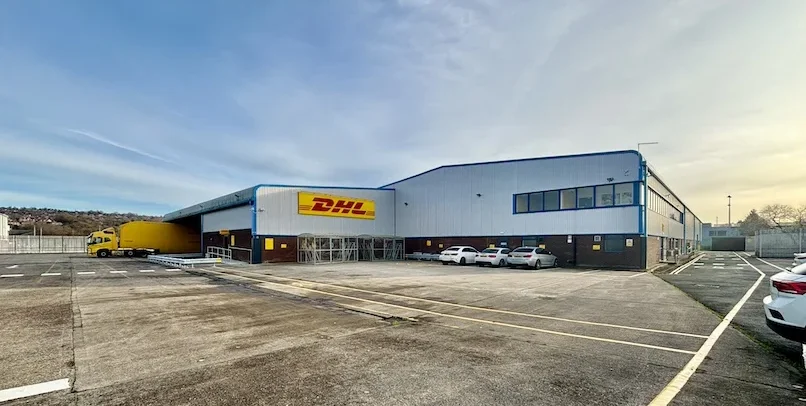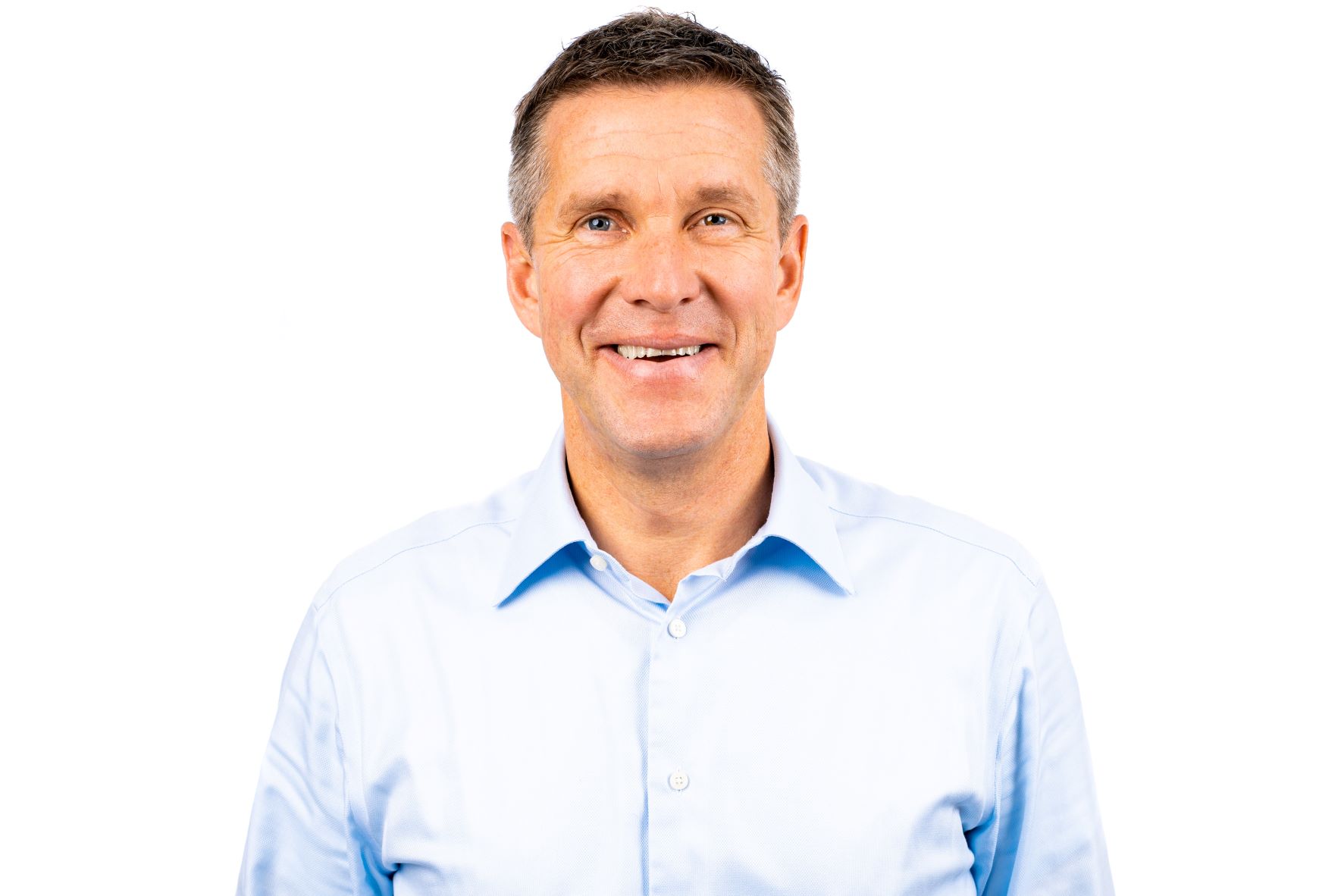Pallet-Track has developed an innovative solution to forklift safety after partnering with Samsara, the pioneer of the Connected Operations® Cloud. The Wolverhampton-based pallet network has partnered with Samsara to develop a bespoke AI tracking solution for its fleet of forklift trucks – claimed to be the first of its kind in the UK.
Pallet-Track has invested over £100,000 in installing tracking, camera, and AI technology as part of its ongoing commitment to improving warehouse safety. While camera technology for HGVs is readily available, similar software for forklift trucks is yet to make it to the UK market, which led Pallet-Track to be the first to market by seeking a tailor-made solution. The sophisticated technology can record and analyse harsh braking, identify areas for improvement and, with the help of AI, even detect when a driver is feeling drowsy.
Anthony Ratchford Head of Safety, Health, Environment, and Quality (SHEQ) at Pallet-Track, said: “We are proud to be investing heavily in SHEQ and leading the way for forklift safety in the industry with this innovative solution. We want to ensure the behaviour of every forklift driver at Pallet-Track remains first-class, which is why we continually review our performance and look at how we can perform better.
“Our goal is to set a target safety score for all forklift drivers at our hub(s) and ensure this score is maintained by providing our drivers with familiarisation and refresher training, if, and when required.
Working with Samsara has enabled us to develop the technology we need to drive our commitment to safety forward and to utilise AI to detect, notify and report any unsafe behaviour in the warehouse.”
Philip van der Wilt, SVP and GM EMEA for Samsara added, “At Samsara, we’re dedicated to empowering our customers with innovative technology that drives safety, efficiency, and operational excellence. Pallet-Track’s innovative approach and use of multiple Samsara products to create the UK’s first AI-driven forklift safety solution is a testament to their commitment to setting new industry standards. We’re proud to support them on this journey of safety innovation.”
Stuart Godman, CEO at Pallet-Track, added: “Pallet-Track is undergoing a period of rapid growth and change, so it is vital that we continue to invest and prioritise the safety of all our colleagues. This technology is game-changing and leading edge for the industry and will continue to ensure that safety is not compromised as we continue to grow at this pace.”
Pallet-Track has a shareholder member network of more than 90 distribution specialists, which transport more than 4m pallets per year.






